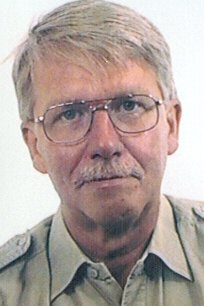Bart Tromp, born in Sneek, the Netherlands, in 1944. Associate Professor at the Department of Political Science at Leiden University and Professor of the Theory and History of International Relations at the University of Amsterdam. († 2007)
Guest of the Rector (1 January 2002 – 31 March 2002)
Although my original plan for my three-month stay at NIAS was a critical study of the modern concept of ‘politics’, two other projects, which I had started earlier, but had not finished before coming to Wassenaar, took up most of my time there.
The first one was a short study on the prospects of European integration in the next twenty years, with as its central theme the fundamental asymmetry between negative and positive integration. This asymmetry tends to erode the institutions of the nation-state, without, however, leading to the formation of their functional equivalents on the European level. At the same time, the efforts to combine economic integration with political integration continue, but in the end they will not be successful. Hence the title of the study: “Europe: the asymptote of political integration”, which will appear this year in a volume edited by Immanuel Wallerstein, commemorating the 25th anniversary of the Fernand Braudel Institute.
The second project is an analysis of the causes of, and the events leading to the outbreak of the First World War in terms of the ongoing debate on this seminal topic among historians and by focussing on one of the first authors on this issue, Karl Kautsky. (In 2001 I edited and introduced a new translation in Dutch of his Wieder Kriegentstand.) At NIAS I was able to do most of the necessary reading; the study will result in one or more articles and eventually end up as a chapter in a book on decisive political events and processes in the interstate system since its emergence in the fifteenth century.
As for the original project on the reconceptualization of ‘politics’, my stay at NIAS was used to gather literature and take notes, which, I hope, will result this year in at least one article and a book on politics and violence.
